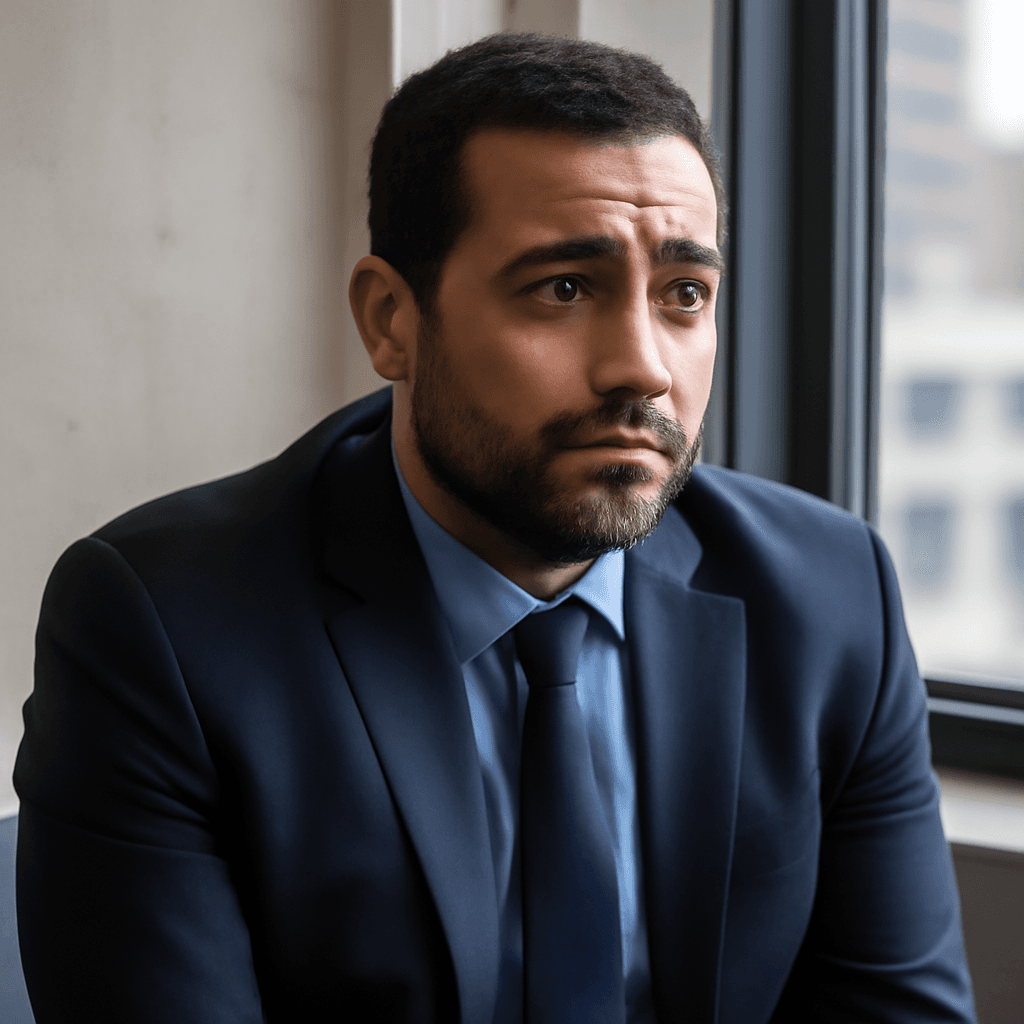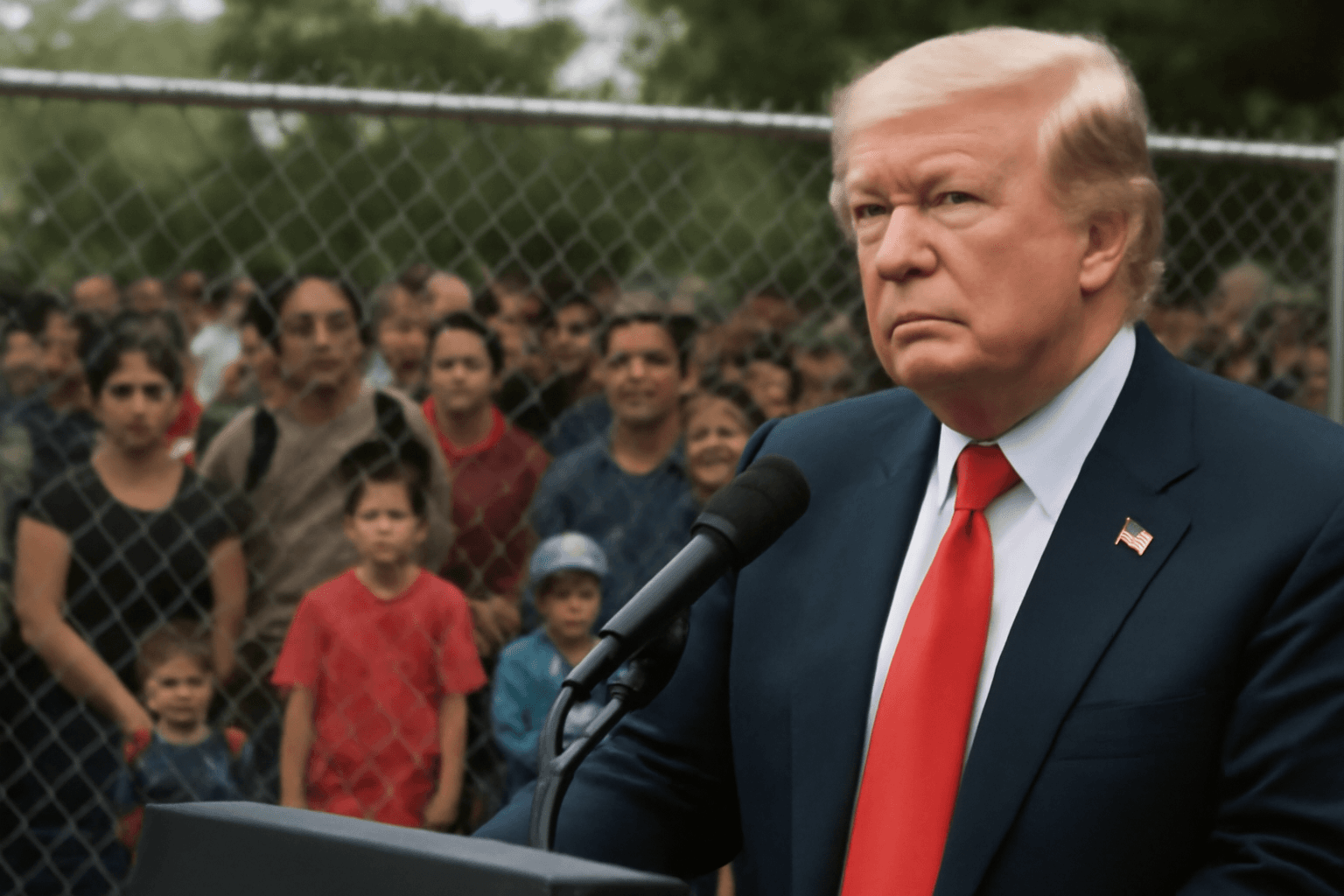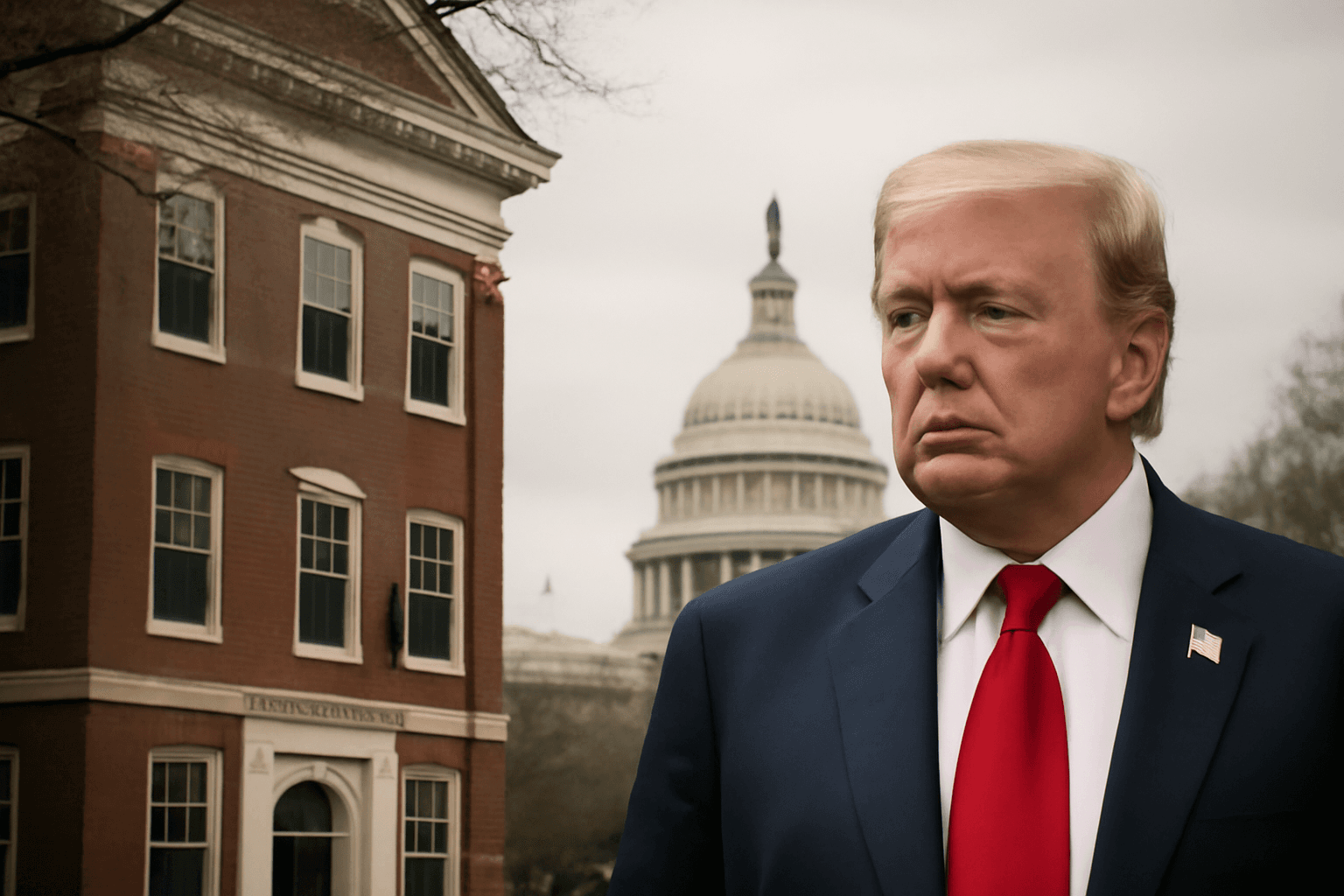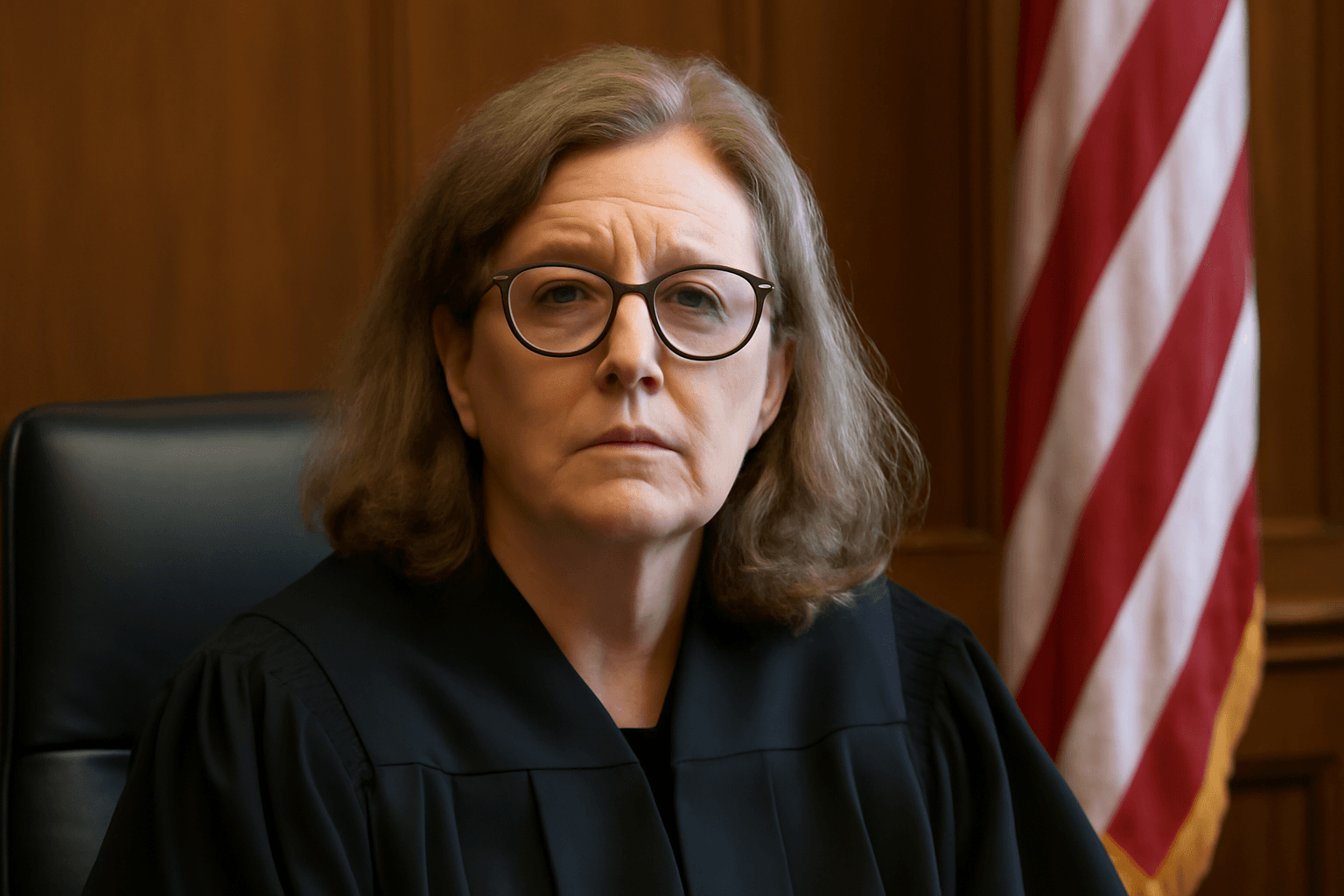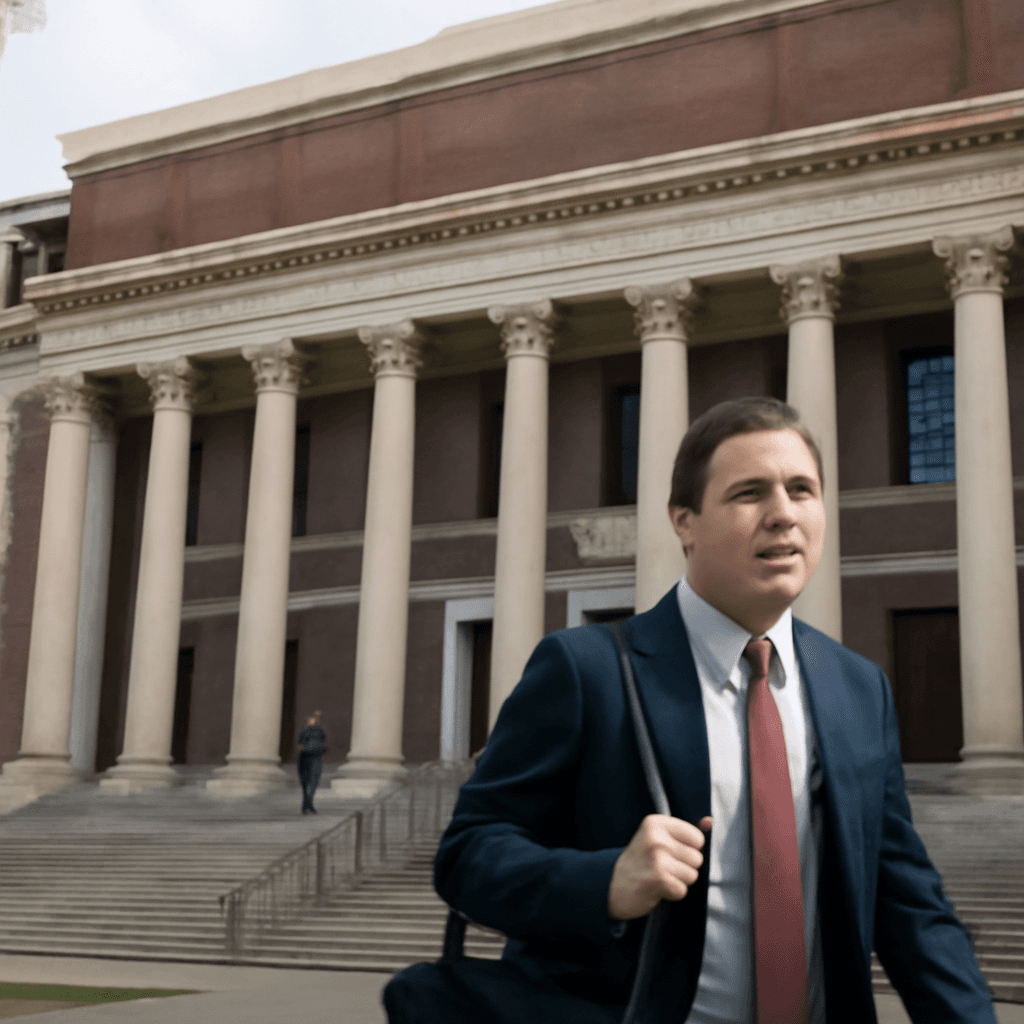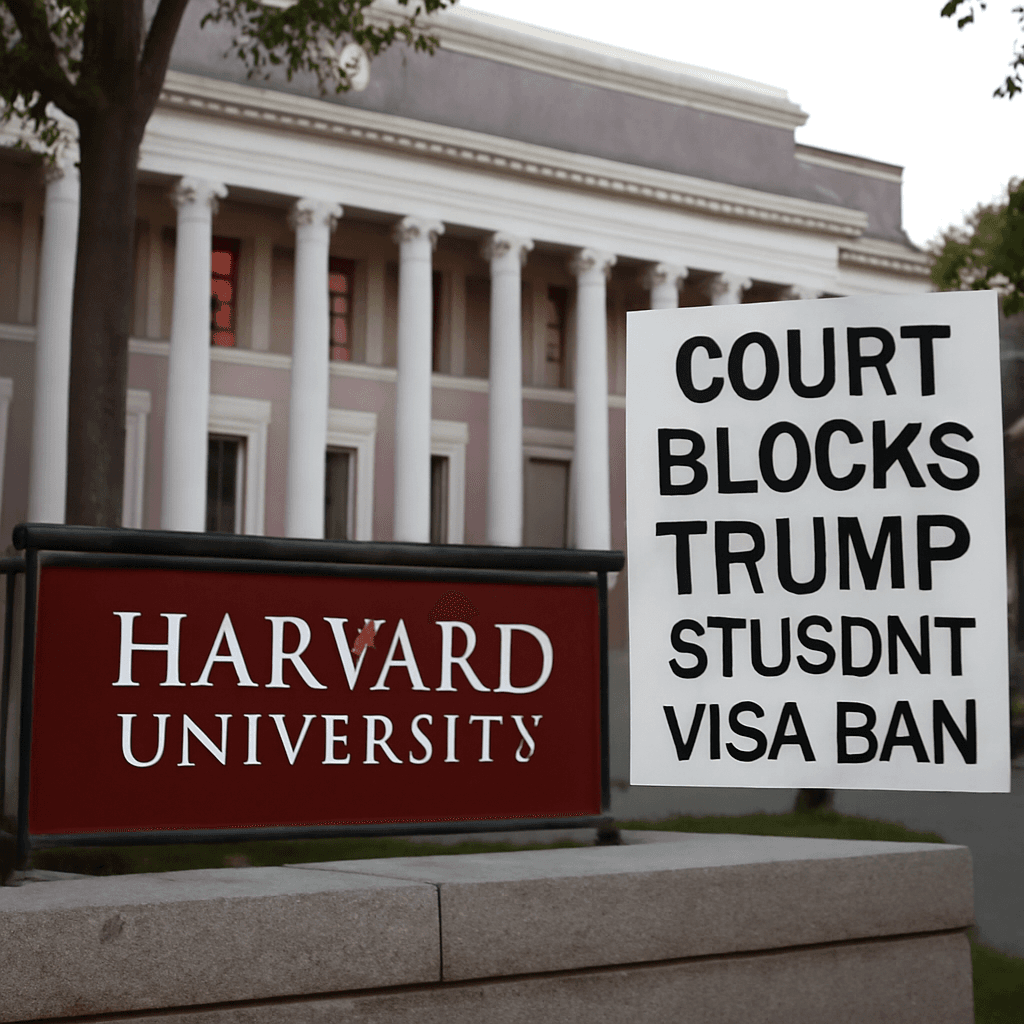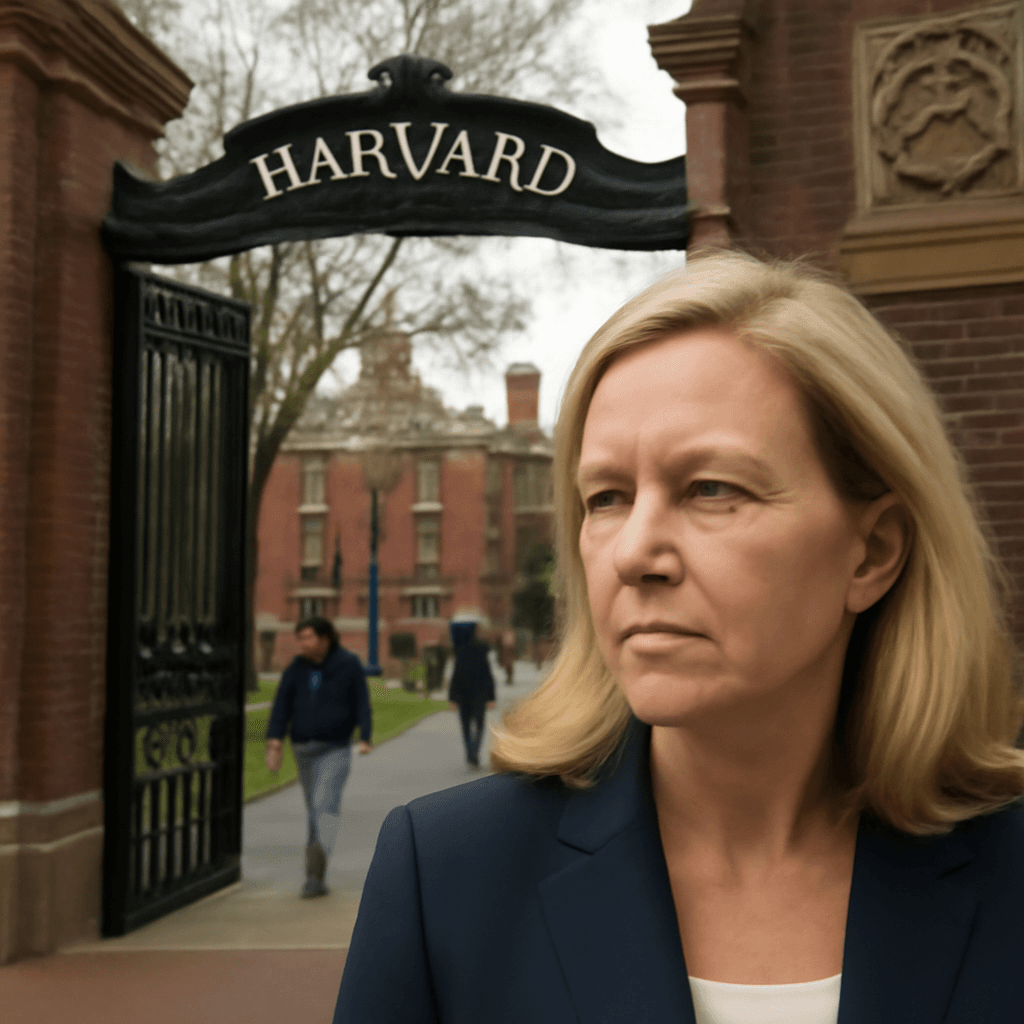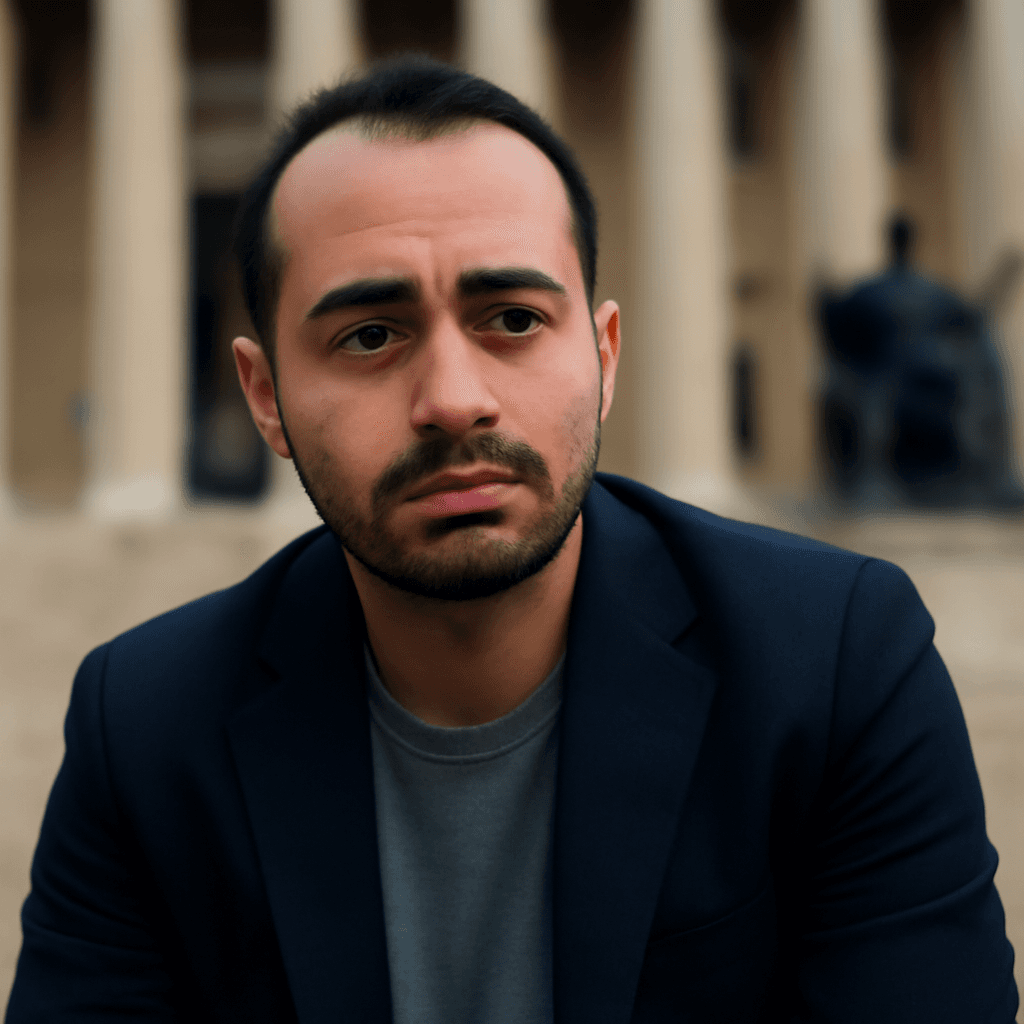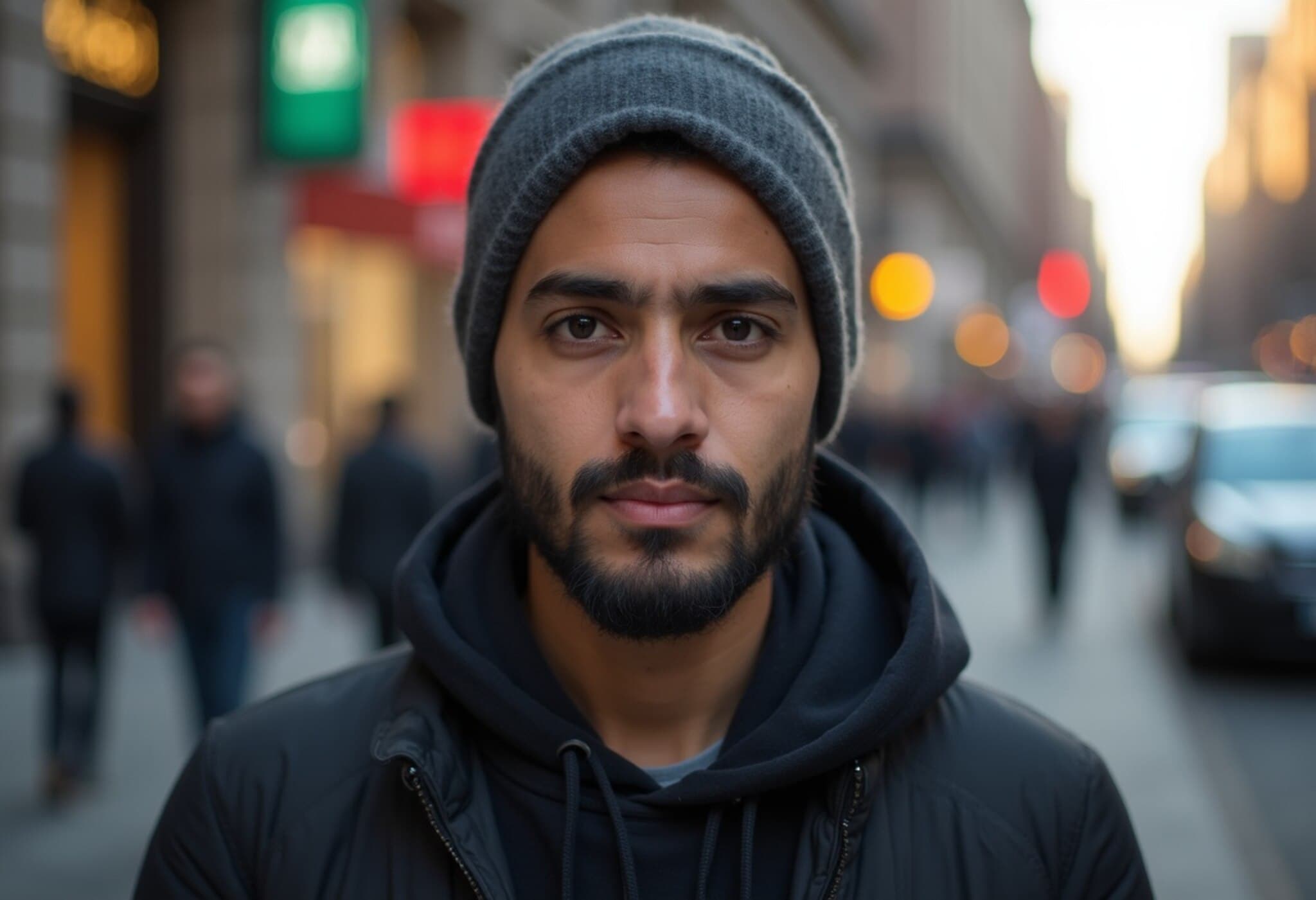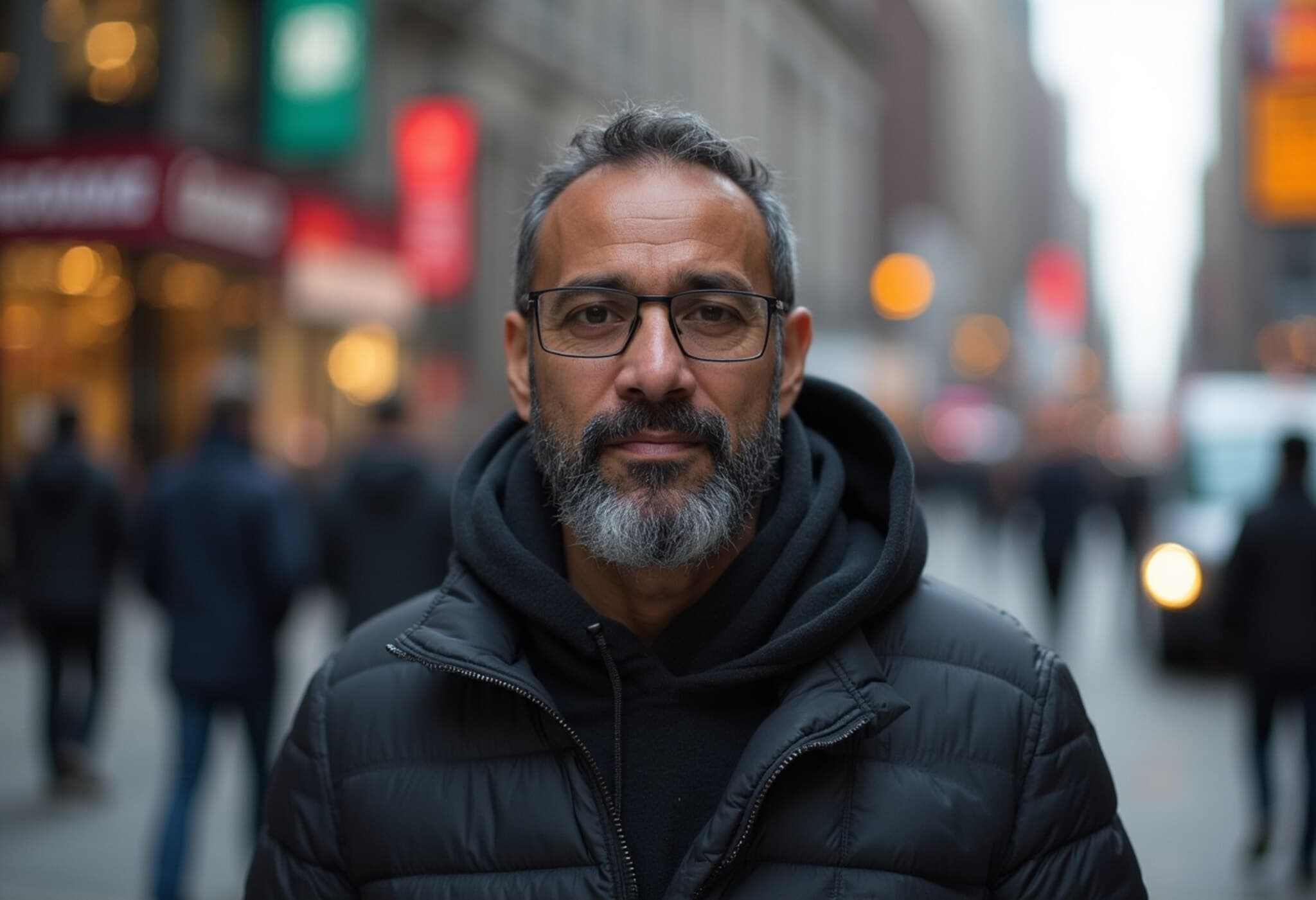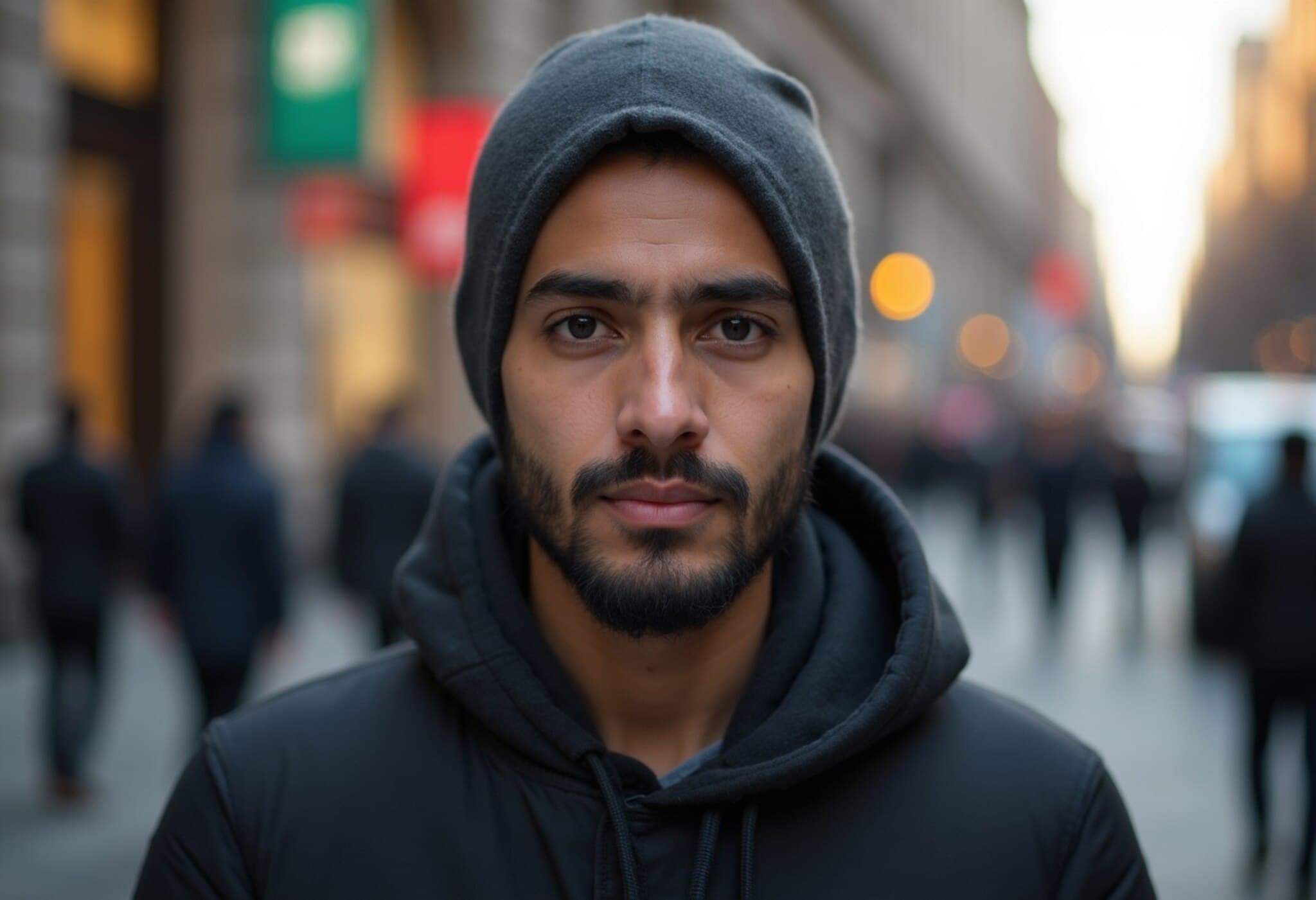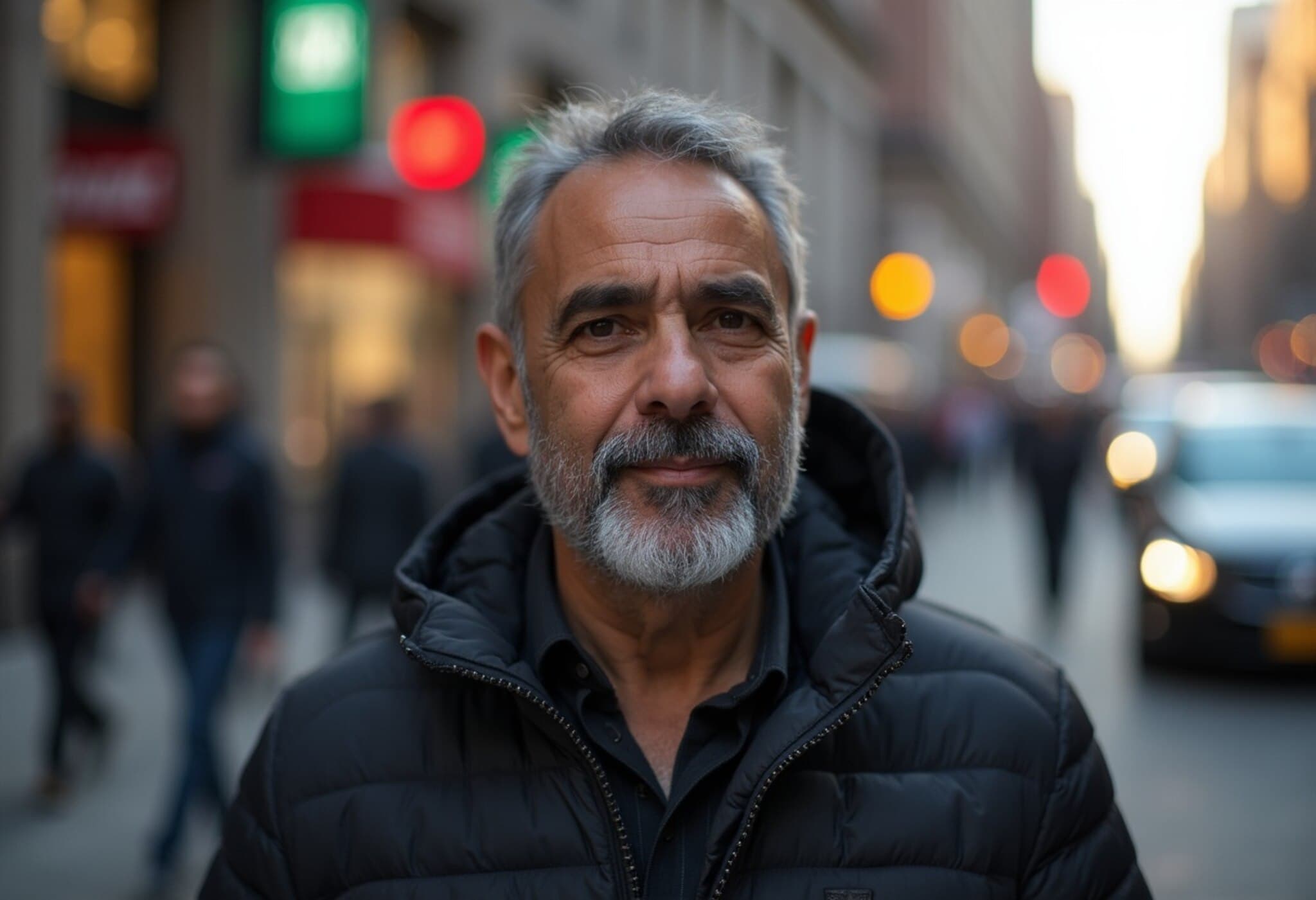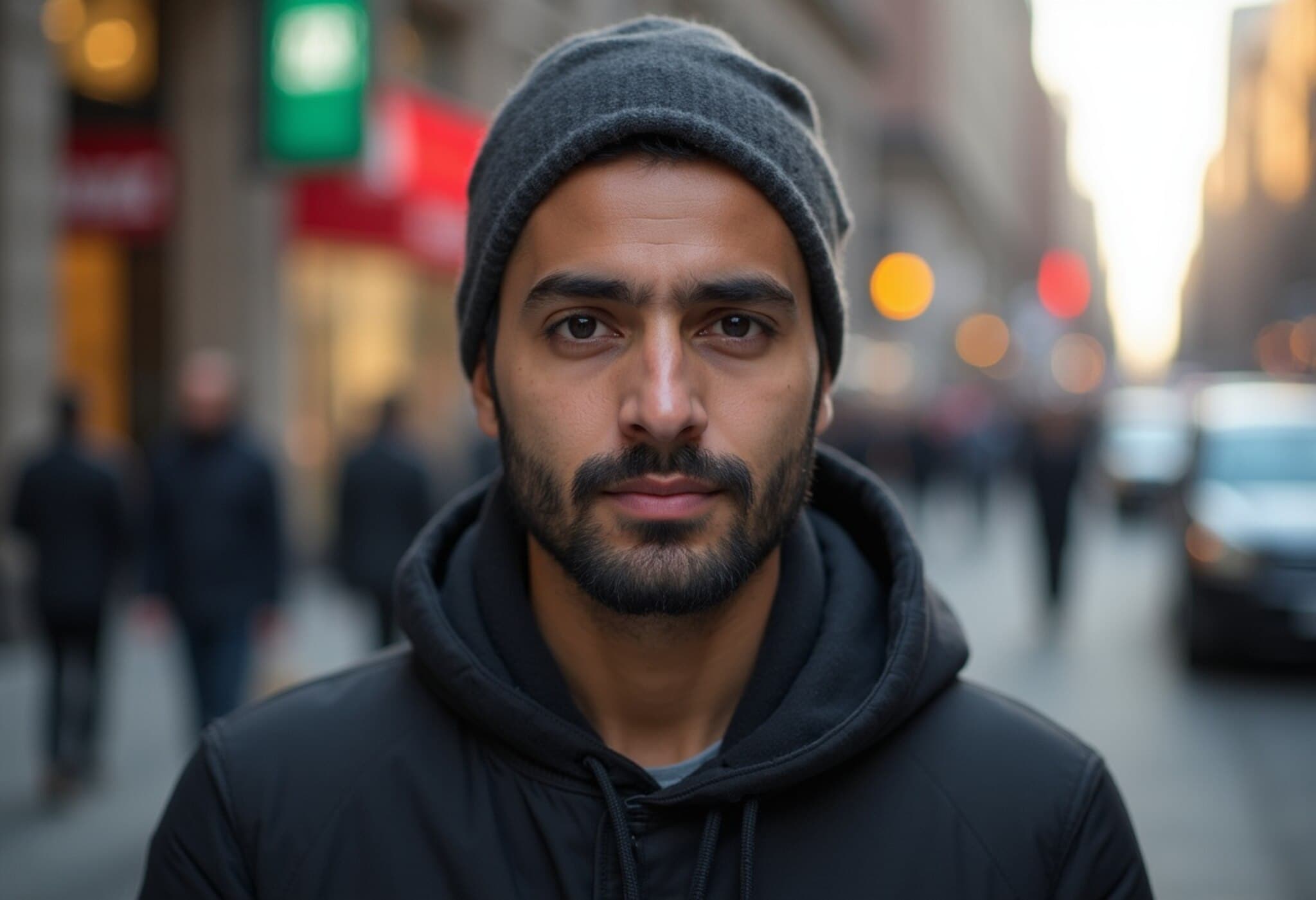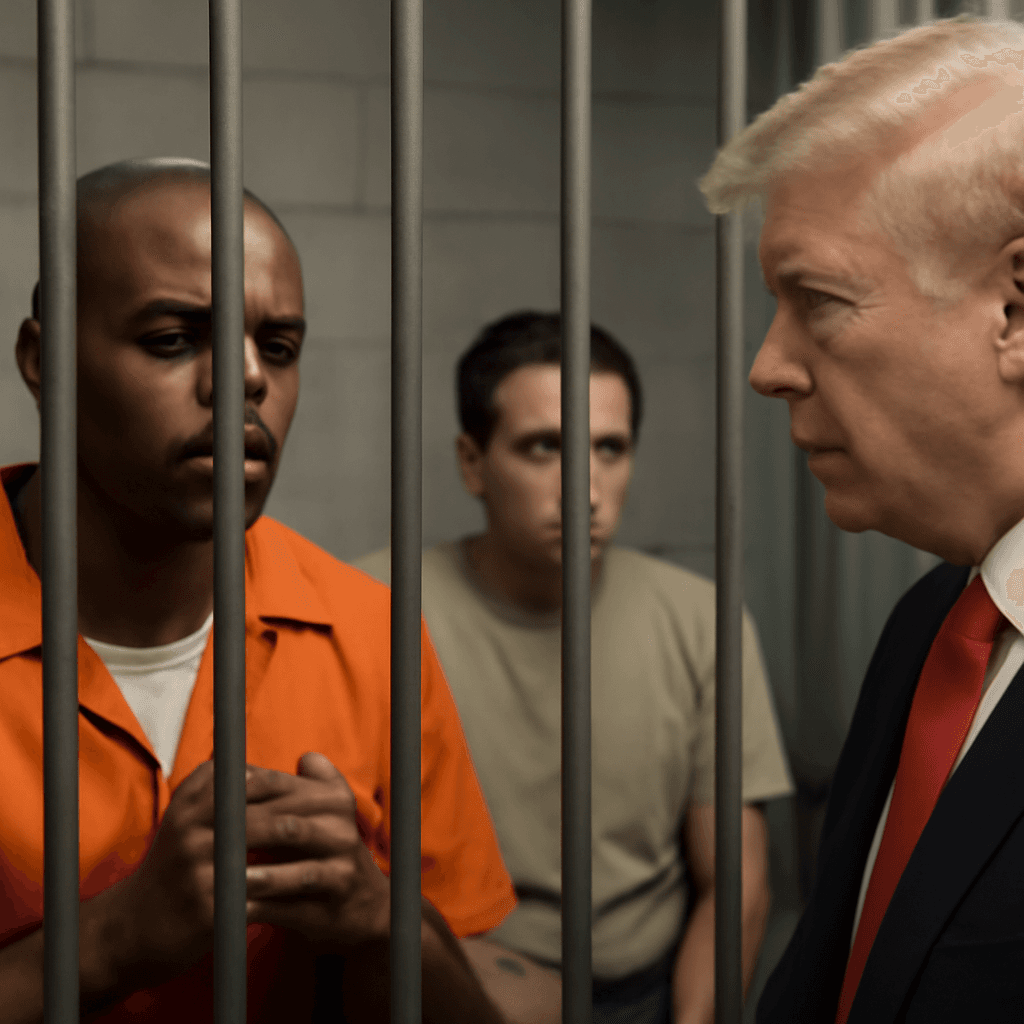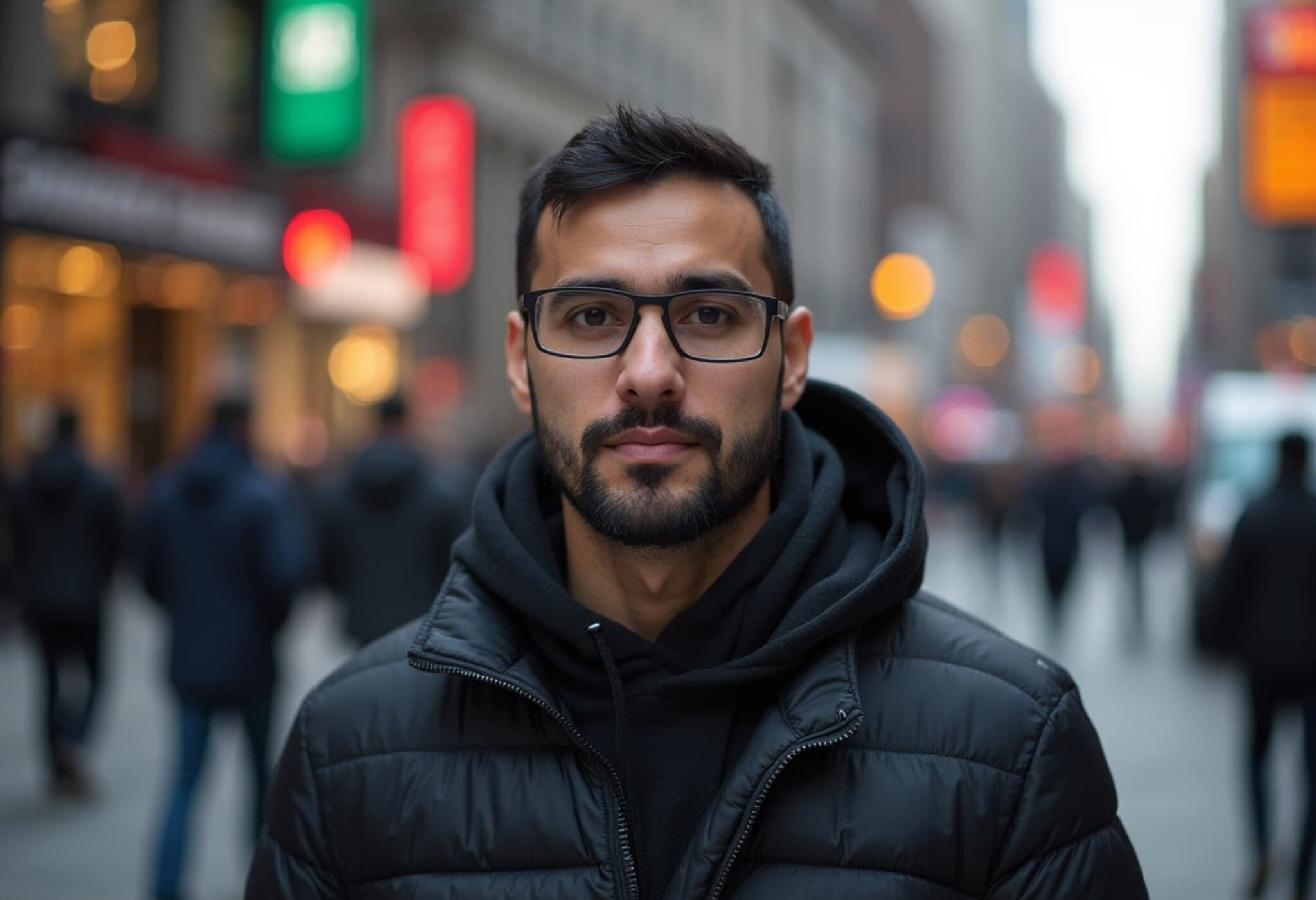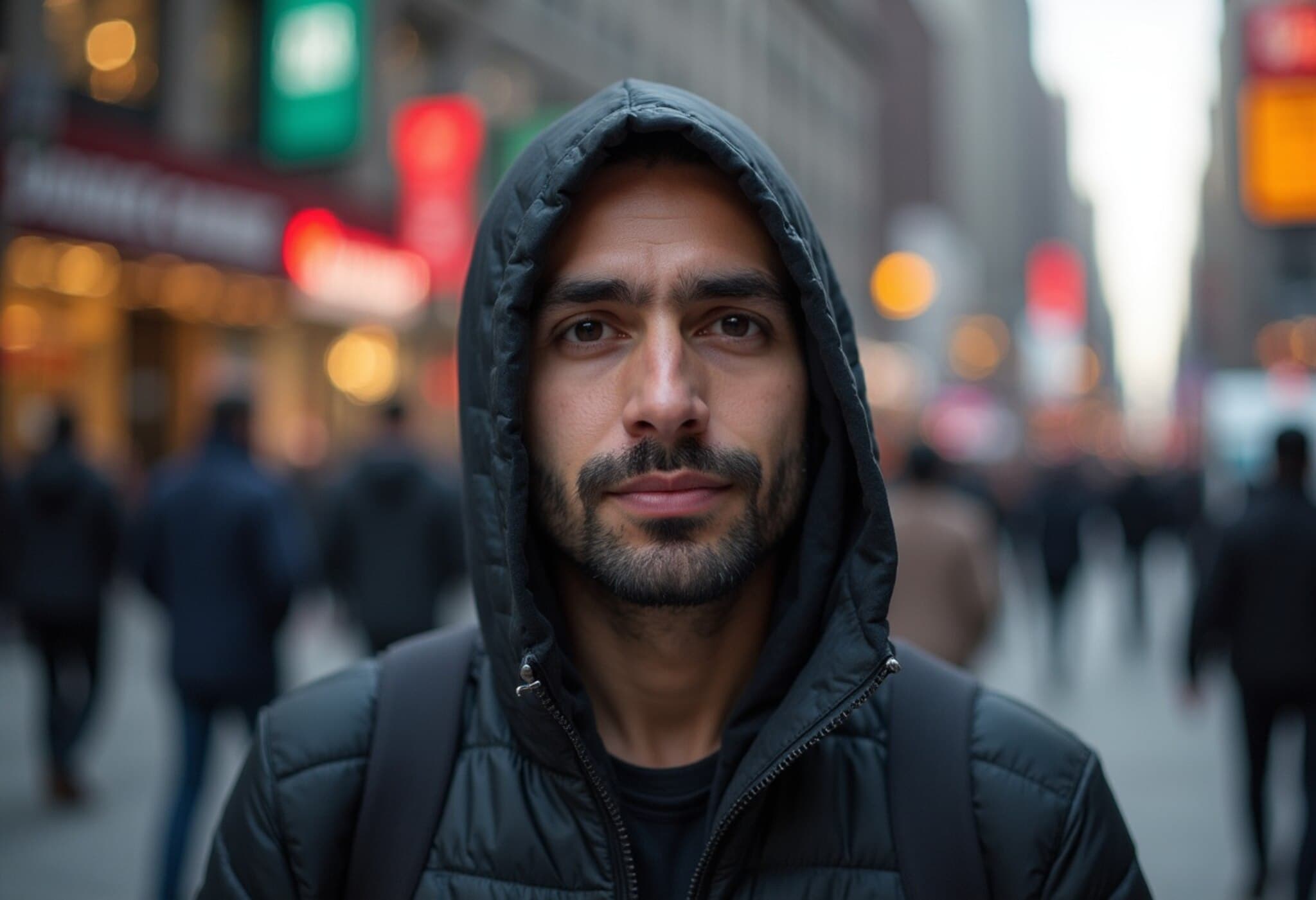Introduction
Mahmoud Khalil, a Columbia University graduate facing deportation due to his pro-Palestinian activism, has submitted a detailed statement emphasizing the severe personal and professional consequences of his ongoing detention. A federal judge is currently reviewing his case to determine the possibility of his release.
Personal Hardships Amid Detention
In a 13-page legal filing made public, Khalil described the profound emotional distress caused by his detention in Louisiana, particularly highlighting the pain of missing the birth of his first child in April. Instead of being present with his wife during the delivery, he was confined to a detention center and could only communicate via a poor-quality phone connection.
Key emotional impacts include:
- Unable to support his wife during childbirth
- Experiencing isolation and helplessness
- Missing critical family moments
Professional and Immigration Challenges
Khalil also underscored the potential destruction of his career prospects as a result of his detention and deportation threat. Notably, Oxfam International withdrew a job offer for a policy adviser position due to his current legal circumstances.
Additionally, his mother’s visa application to assist with childcare for his infant son is under federal scrutiny.
Legal and Immigration Context
Khalil, a green card holder who fled political persecution in Syria, questioned the basis for his detention, emphasizing his exercise of free speech through protests against the Israeli government’s military actions. He expressed concern about the erosion of his constitutional rights, stating, "Why should protesting this Israel government's indiscriminate killing of thousands of innocent Palestinians result in the erosion of my constitutional rights?"
Department of Homeland Security officials have urged Khalil to voluntarily leave the country, highlighting an administration program offering $1,000 and a free flight home for those who self-deport. However, the cancellation of his green card by the prior administration has complicated his status.
Impact on Community and Campus
Khalil’s wife described the struggles she faced without her husband's support during a critical time. Furthermore, Columbia University students and faculty have noted a chilling effect on campus activism and discourse, as fears of similar repercussions have dissuaded open participation in political groups or protests.
Judicial Review and Constitutional Questions
A recent federal ruling questioned the constitutionality of Khalil's deportation proceedings. Judge Michael Farbiarz criticized the government's rationale that Khalil’s beliefs might threaten U.S. foreign policy, noting that such reasoning could lead to arbitrary and expansive enforcement of immigration laws.
Khalil was initially detained on March 8 in his university apartment's lobby, marking the first arrest in an expanded crackdown on students engaging in protests against Israel's military actions in Gaza.
Conclusion
The case underscores broader tensions surrounding free speech, immigration policy, and political activism within the United States, drawing attention to the impact of government actions on individuals and communities.

